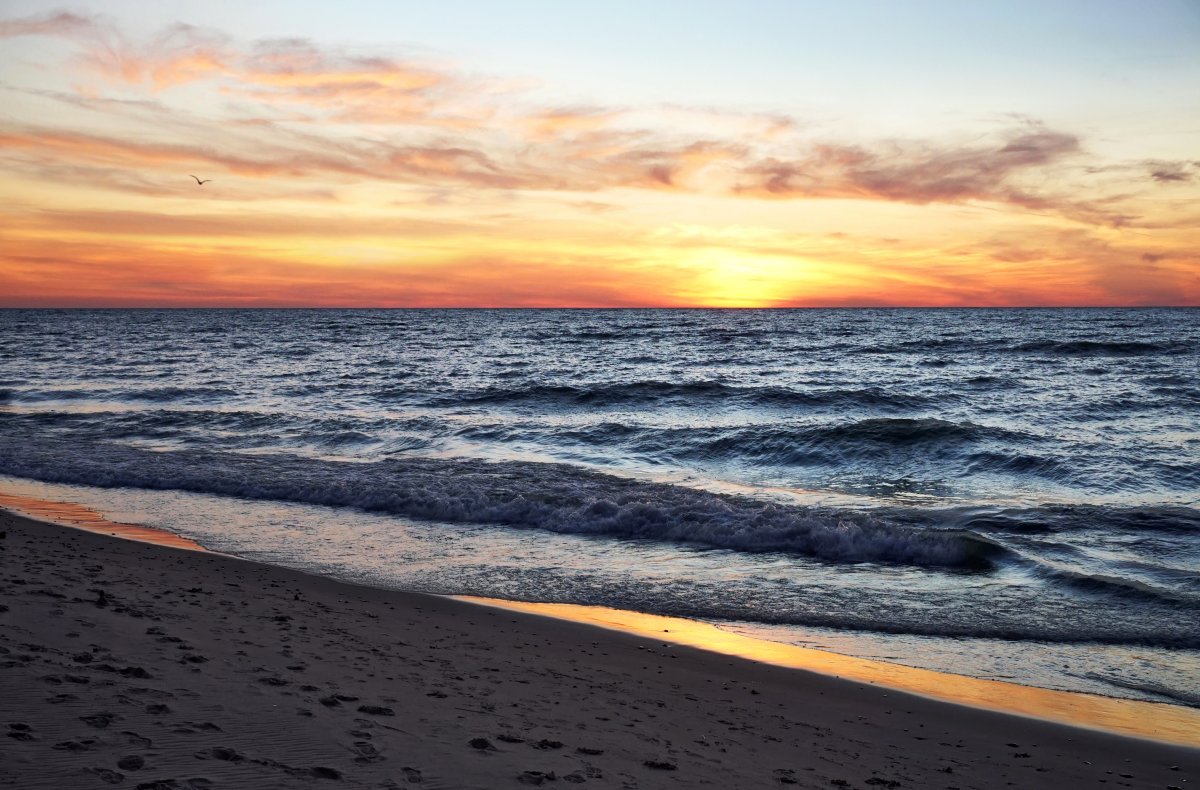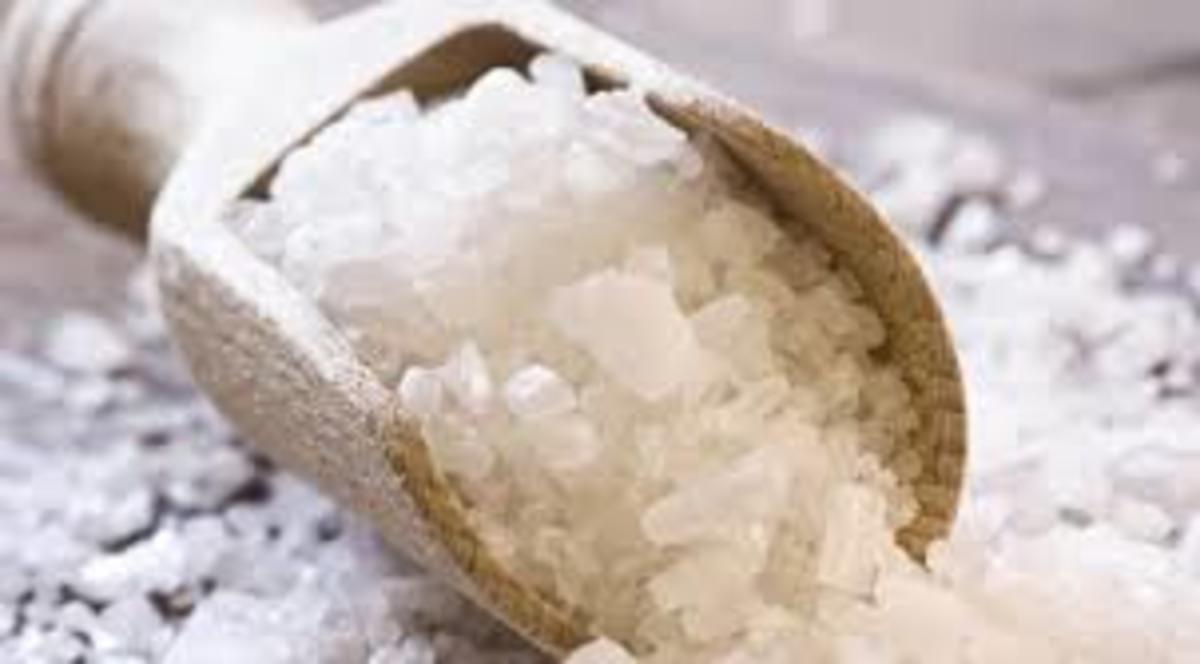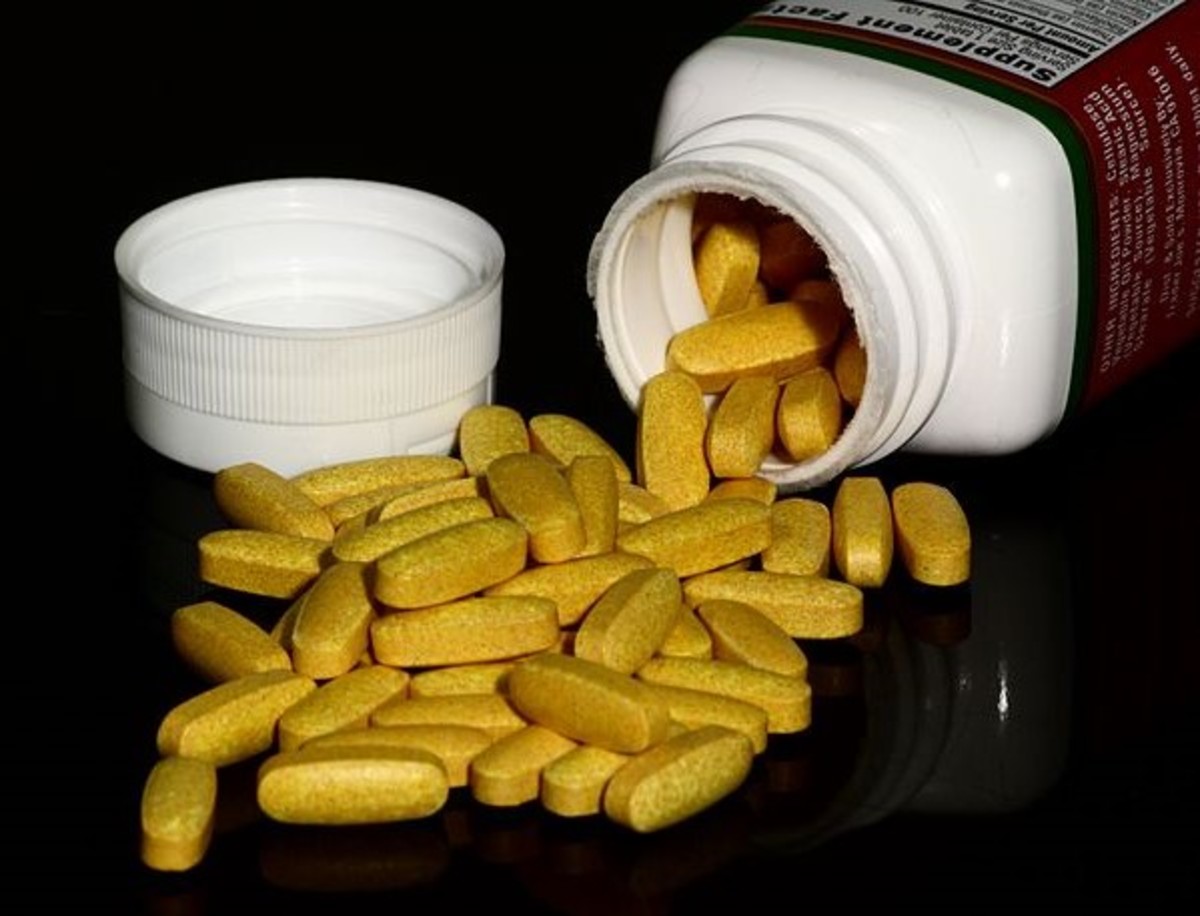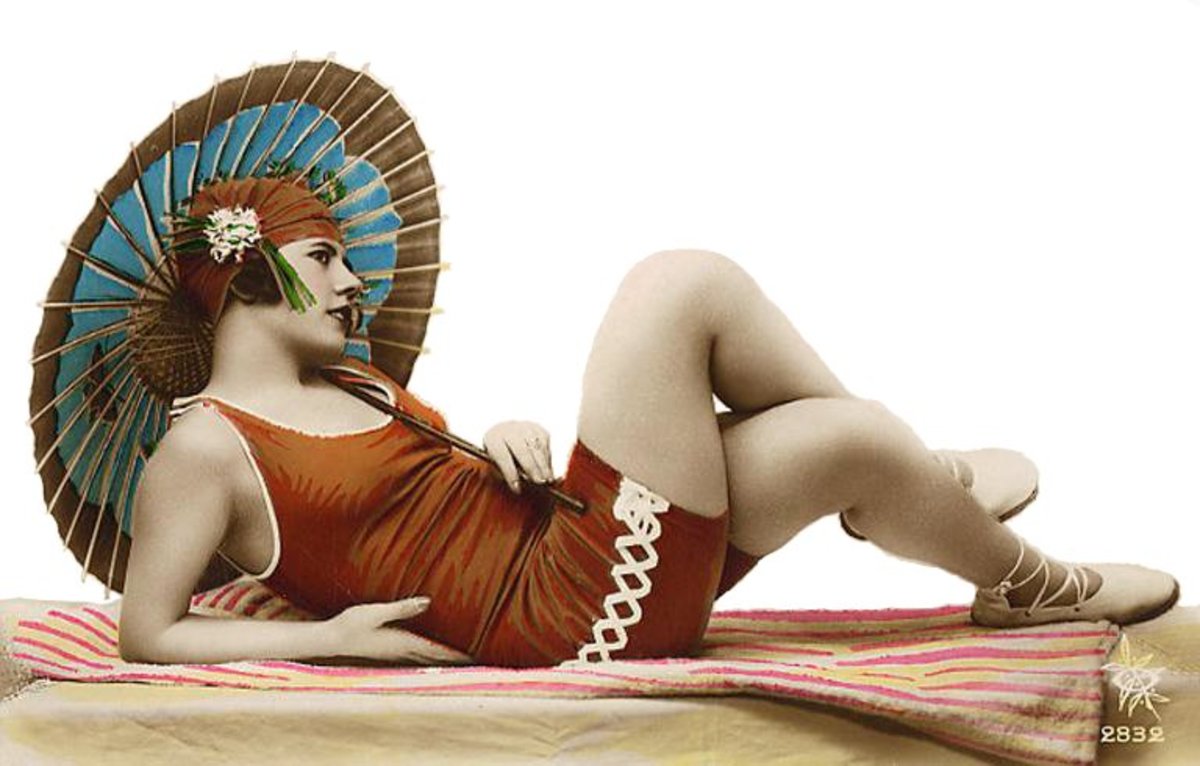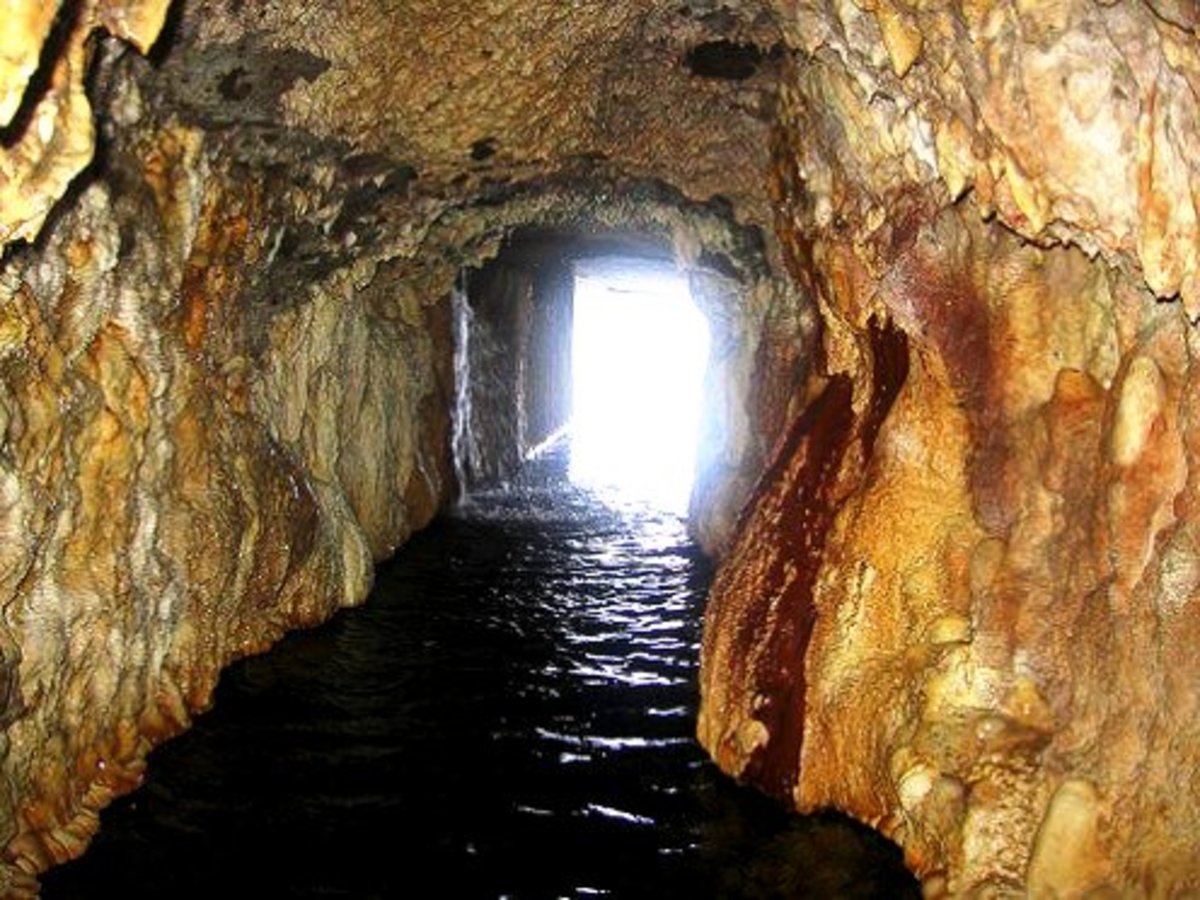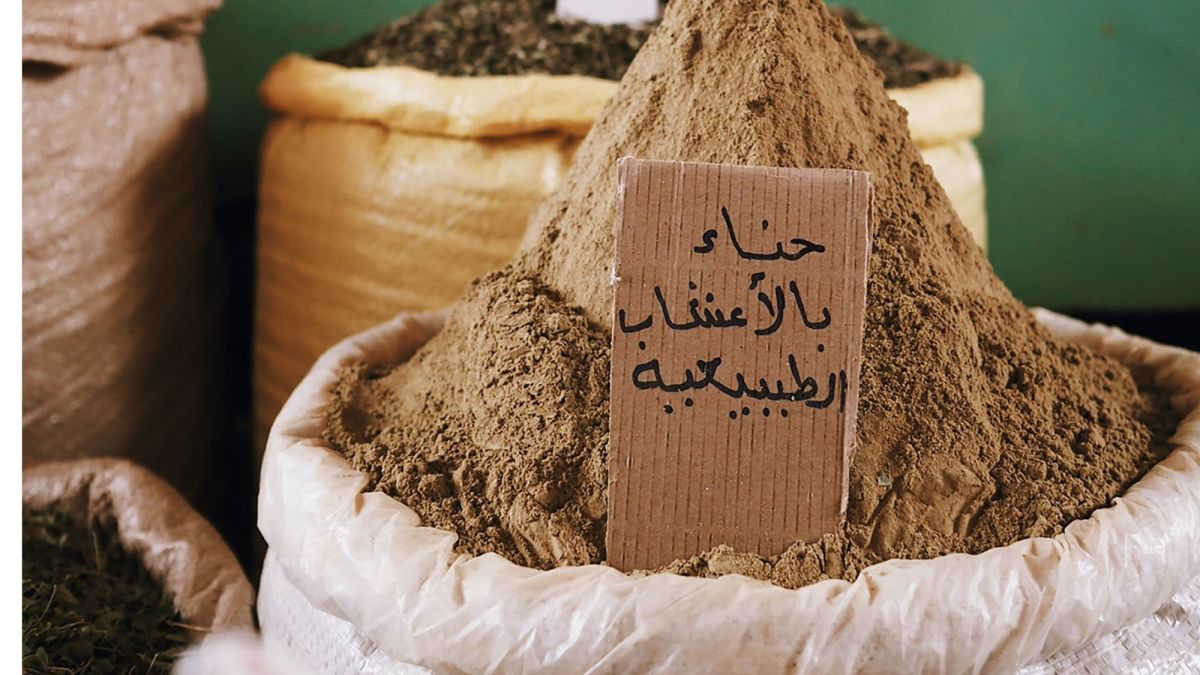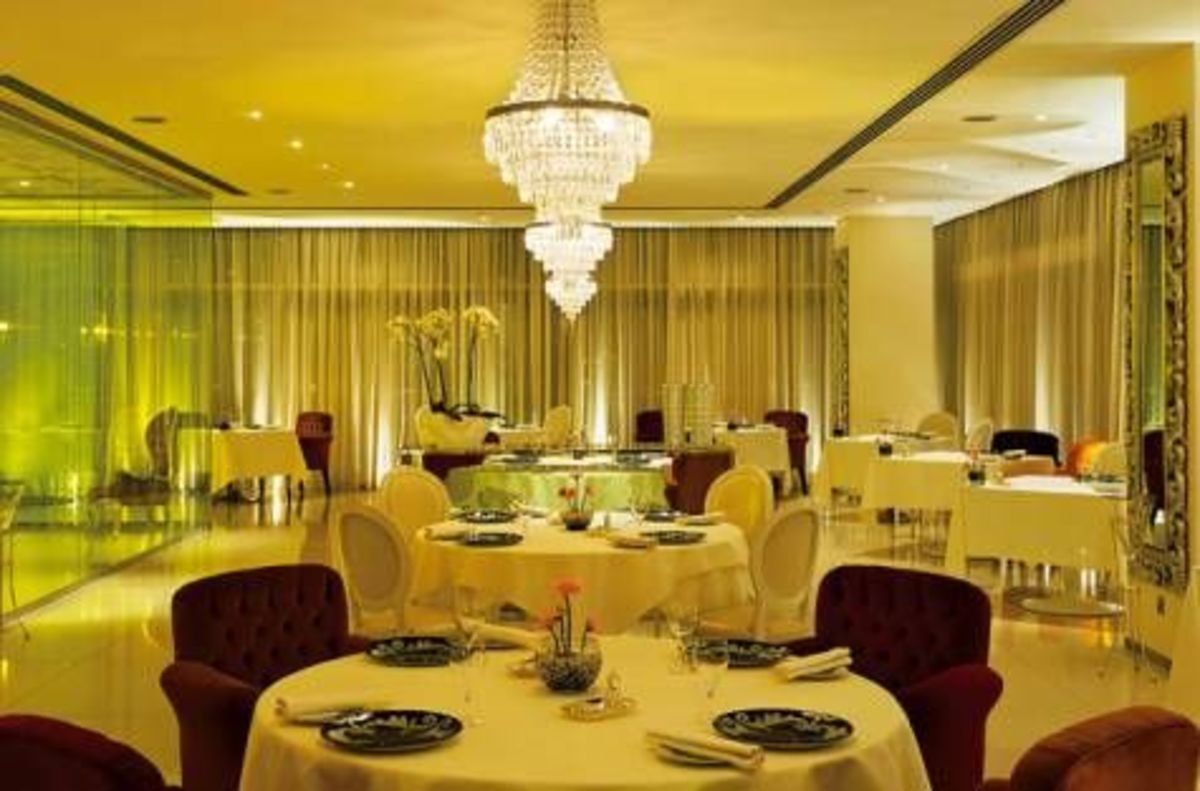- HubPages»
- Travel and Places»
- Visiting Asia»
- Middle East
The Dead Sea - swimming, floating and relaxing in Dead Sea salt
On any trip to Israel, a visit to the Dead Sea is unmissable. I've visited Israel 7 times now, and been to the Dead Sea on 6 of those holidays.
I've been with my partner, my parents, and latterly, my small son. And we've all enjoyed it hugely each time we've gone there.
It's unlike anything else in the world. It has a number of unique features - the lowest point in the world (in terms of feet / metres below sea level), the concentration of minerals and salts in the water, and the astonishing scenery and surroundings.
This article is about the pleasure and experience of visiting the Dead Sea on the Israeli side of the waters.
A few Dead Sea facts
A few facts and figures about this amazing place:
- The name, "Dead Sea" is actually gentle compared with its name in Hebrew - Yam ha Maved, which means, "Killer Sea";
- The surface of the Dead Sea is 1,385 ft, or 422 metres, below sea level;
- The Dead Sea salt is hostile to fish, animals, and even small creatures. Fish which end up in the Dead Sea from the Jordan River die quickly;
- The concentration of salts and minerals in the Dead Sea is caused by the inflow of fresh water, no out-flow, and evaporation, which causes the salts to get left in the water;
- The concentration of Dead Sea salt, or the salinity, is about 8 times normal ocean saltiness (33.7% salt and minerals);
- The salinity means that the water is much denser than normal sea-water, causing people to float much higher in the water than in a lake or the sea;
- The Dead Sea is 42 miles long, and a maximum of 11 miles wide, with Israel on one side of it, and Jordan on the other.
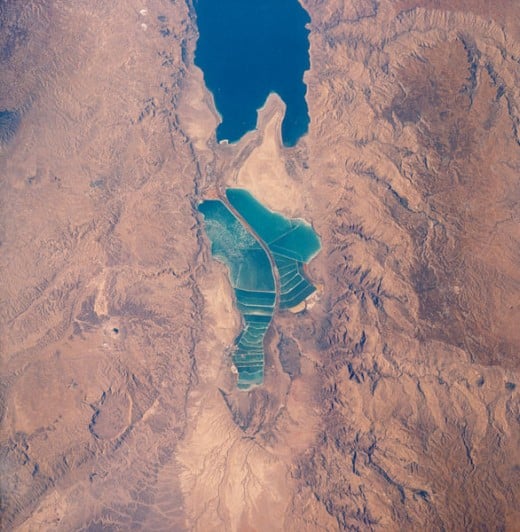
The journey from Jerusalem to the Dead Sea
This is one of the most astonishing road journeys I've ever been on. Jerusalem is on high ground - the Old City is 2,500 above sea level.
So as you go from Jerusalem to the Dead Sea, the road just keeps on going down, down, and down some more, a total of nearly 4,000 feet down in about an hour's drive.
The scenery is spectacular, too. It's dry, arid, and beautiful, with stunning sedimentary rocks showing either side of the road.
The rock planes are often quite twisted, showing the amazing force which generated the rocks.
As you pass sea level, there is a handy blue-tiled marker at the side of the road.
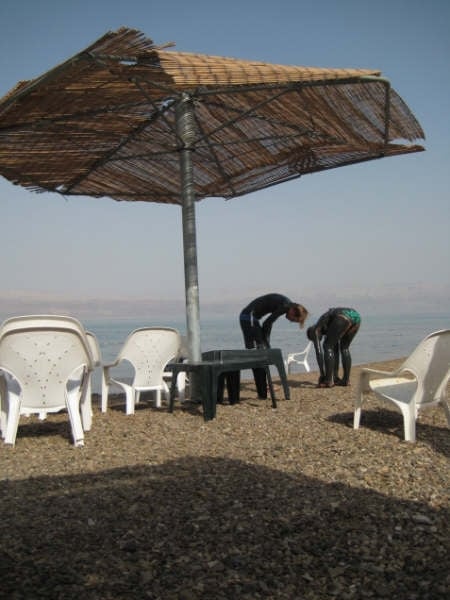
How to enjoy Dead Sea mud and bathing
There are a number of beaches and access points to the Dead Sea on the Israeli side, where you can rest on the beach, cover yourself with Dead Sea mud, exfoliate yourself with Dead Sea salt, shower, get drinks and food, and, of course, bathe in the salty waters.
The two we've most often visited are the Ein Gedi spa, and the Mineral Beach.
At each place, you pay about £4 ($6) to get into the site, and can then use their facilities, including changing rooms and toilets.
You can get towels if you leave a deposit, or bring your own, as you please.
Once in your swimming costume, at both sites there are paths down to the beach, which is equipped with chairs, sunloungers, parasols, and lot of salt, mud and rocks.
In the summer, these are VERY HOT, and you'll need to wear sandals or your feet will hurt.
The beaches are rocky and salty, so it's a pretty good idea to wear flip-flops or sandals at any time of year.
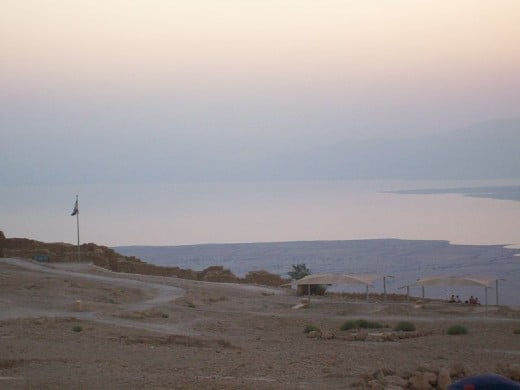
Covering yourself in Dead Sea mud, salts, and minerals
The most common first step after changing into your swimming costume is to coat yourself in Dead Sea mud, all over your body, apart from around your mouth and eyes.
It's not rocket science, you just slap the stuff all over yourself, including your head and hair if you are so minded.
At the Mineral Beach, there are sink holes near the sea with mud of different viscosity and temperature, and at Ein Gedi, they've scooped mud up and put it in large containers.
After covering your whole body in mud, you then get to stand around on the beach as a mud monster, looking scary, for about 10 to 15 minutes while the mud dries.
You can also exfoliate (gently!) with Dead sea salt - the mud contains salt granules, and if you massage your skin gently, it exfoliates as well as the other benefits. I wouldn't try this on your face, though.
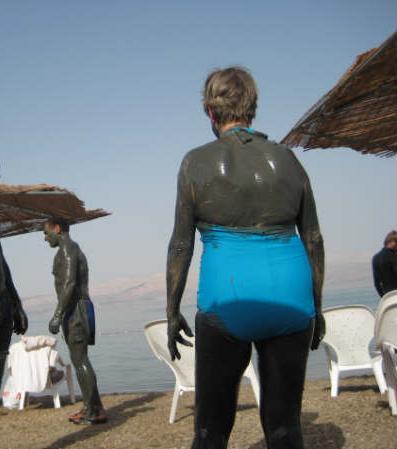
Bathing in the Dead Sea's mineral-salty waters
Once the mud is dry, you head for the sea. At all the resorts and beaches, there are life guards and ropes strung across the water to stop you going too far out.
The water is warm (in winter) and hot bath-like (in summer), so there's none of that English-seaside-holiday, "it's lovely once you're in!" pleasure.
As you go into the sea, you're likely to discover tiny cuts and grazes you didn't know you had, because they'll sting like mad for a minute or so. Those people unwise enough to shave any part of their bodies or faces on the day they go in the Dead Sea will regret it - it'll make you go "ouch"!
Don't get it in your eyes, and if a drop does go in an eye, don't do the instinctive thing and rub your eye, it'll sting more if you do that. Just wait for your eye to wash itself clean.The Dead Sea salt won't damage your eyes or anything, don't worry about that. It just hurts if you get it in your eyes!
Splashing in the Dead Sea is very anti-social, don't do it if you want to make friends and influence people.
On the plus side, though, any cuts heal amazingly fast after a dip in the Dead Sea. I cut my foot quite hard on my way into the waters on my first visit there, and while it hurt like mad for a minute or two, I've never had a cut heal so fast.
You can't swim in the sea, you'll be too buoyant. But you can float amazingly well, and far higher out of the water than in any sea, lake or swimming pool you've ever been in. It's wonderfully relaxing, and one of the most romantic experiences in my life so far is floating hand in hand with my other half while the sun set over the hills.
The water doesn't feel like normal water, it's much more oily feeling, but not at all unpleasant. Rather, it soothes and cradles your body.
After you've had enough, or been thrown out at closing time, there are fresh water showers on the beach near the sea (colder than the sea, so very refreshing in summer) and more showers and toilets in the changing blocks at the top of the beach.
Both Ein Gedi and the Mineral Beach also have hot-water sulphur pools, with the water in them coming not from the Dead Sea, but from mineral-rich springs which feed into the sea. These are a wonderful experience after the Dead Sea itself.
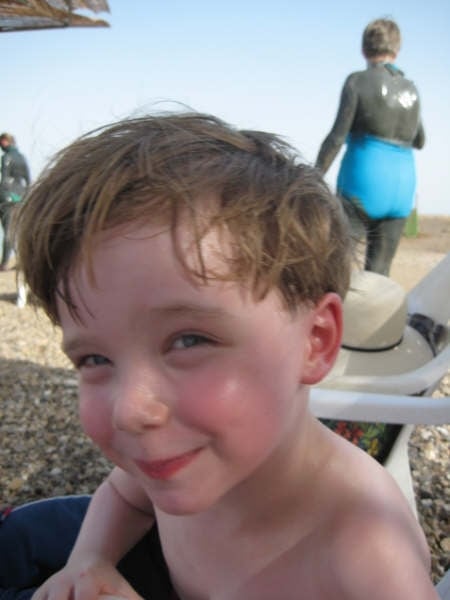
The after-effects of Dead Sea mud, salts and minerals
Each time I've been to the Dead Sea, it's left me feeling incredibly relaxed and soothed.
I've rarely slept as well and deeply as after bathing in the Dead Sea salt waters, and while not been up to much in the evening following a day there, the next day I've bounced out of bed bursting with energy.
Which is a total contrast to my normal "crawl-out-of-bed-where-is-my-tea" state of morning being!
It also makes your skin feel amazing, soft, refreshed, and moisturised for up to a couple of weeks afterwards.
As an overall experience, I can't recommend it highly enough.


